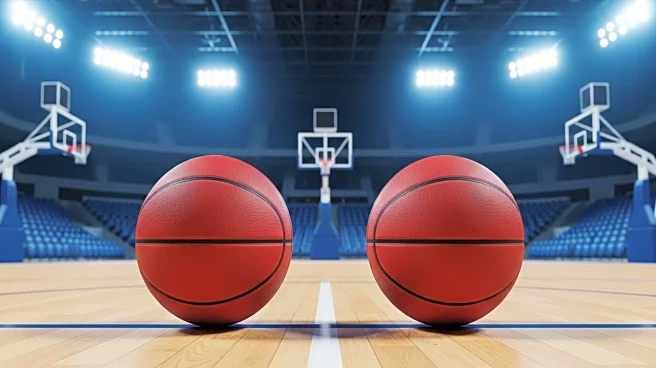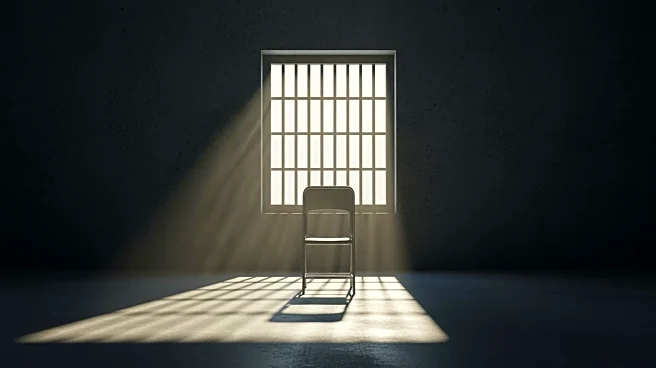What's Happening?
The WNBA is currently facing a critical juncture as negotiations for a new Collective Bargaining Agreement (CBA) between the league and the WNBA Players' Association have reached an impasse. The current agreement is set to expire on October 31, 2025, and failure to reach a new agreement could lead to a lockout. The league is under pressure to finalize the CBA due to the introduction of two new expansion teams, the Toronto Tempo and Portland Fire, scheduled to begin in 2026. The players' association, led by President Nneka Ogwumike, is advocating for a new equity-based financial structure, including enhanced retirement benefits and revenue sharing. The players currently receive less than 7% of basketball-related income, a figure they aim to increase significantly. Meanwhile, WNBA owners are pushing for players to prioritize the league over other offseason competitions.
Why It's Important?
The outcome of these negotiations is crucial for the future of the WNBA, as it could impact the league's growth and financial stability. A lockout would disrupt the league's operations and potentially delay the start of the 2026 season, affecting players, fans, and stakeholders. The players' demands for better revenue sharing and benefits reflect broader issues of equity and fairness in professional sports, highlighting the disparity between the WNBA and NBA in terms of income distribution. The expansion of the league with new teams also signifies growth opportunities, but these are contingent on resolving the current labor disputes. The negotiations are a pivotal moment for the league to address longstanding issues and set a precedent for future agreements.
What's Next?
If the league and players' association fail to reach an agreement by the October 31 deadline, they may opt to extend the current CBA to allow more time for negotiations. However, this would complicate the timeline for the upcoming season, including the expansion draft and free agency. The risk of a canceled season remains if negotiations continue to stall. Stakeholders, including team owners and players, will need to find common ground to avoid financial losses and ensure the league's continued growth. The resolution of these negotiations will likely influence future labor relations in the WNBA and could serve as a model for other sports leagues facing similar challenges.
Beyond the Headlines
The negotiations highlight deeper issues of gender equity in sports, as the WNBA players seek parity with their NBA counterparts in terms of revenue sharing and benefits. The push for prioritization by owners underscores the tension between players' individual career opportunities and their commitment to the league. The expansion of the league presents opportunities for increased visibility and market growth, but these are contingent on resolving the current labor disputes. The situation also raises questions about the sustainability of the league's financial model and the need for structural changes to support its long-term success.








